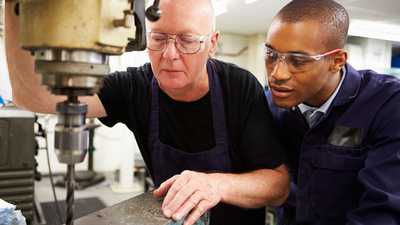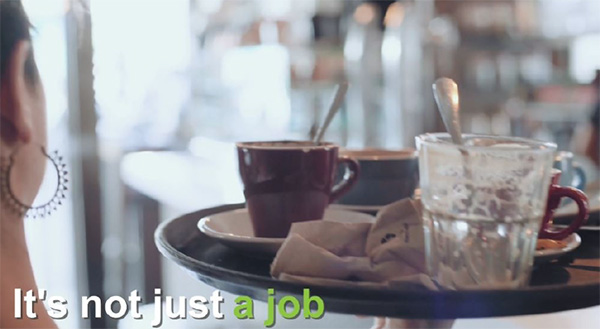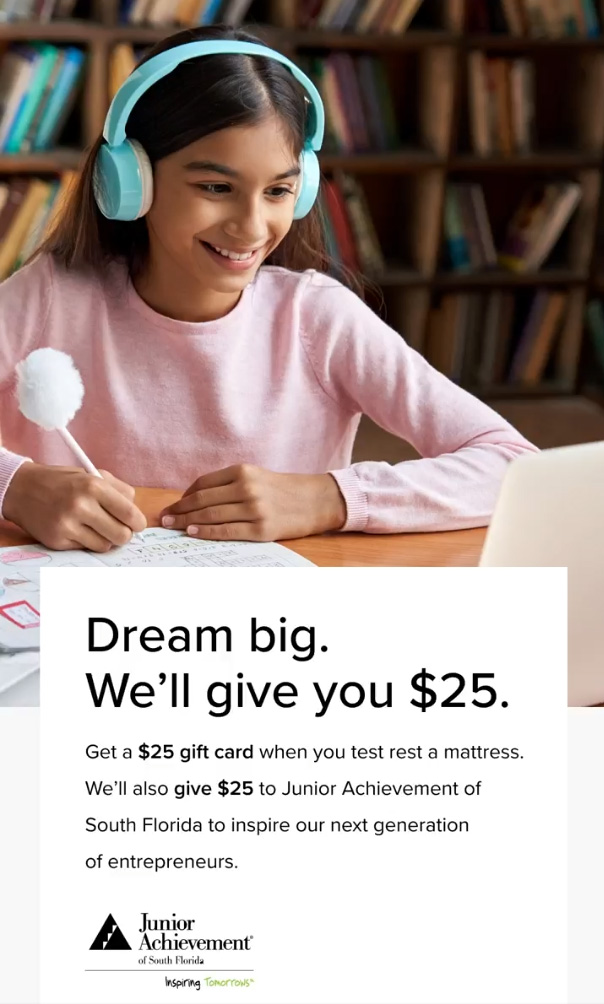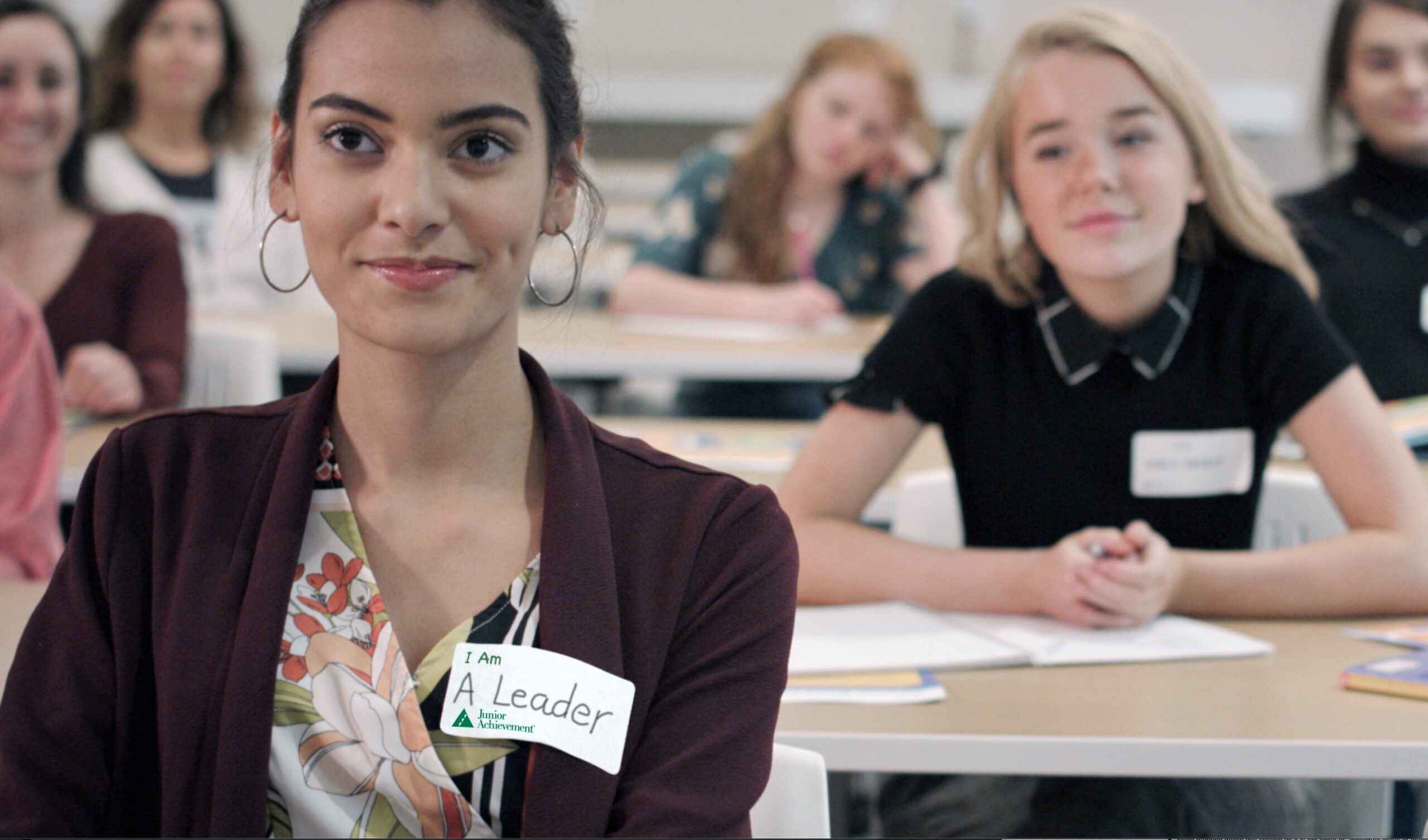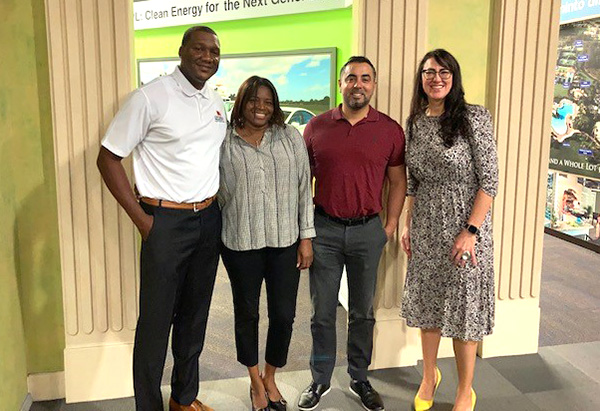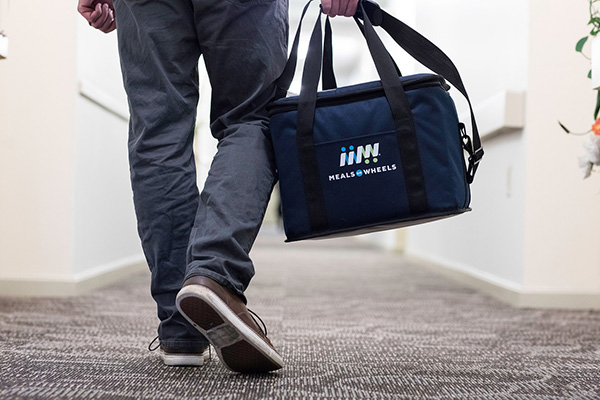A third of U.S. teens say they need additional emotional support from caring adults this school year.
This thought leadership piece and video below show how the volunteer/mentoring and social-emotional learning components of JA learning experiences can help!
The impact of the COVID-19 pandemic goes beyond the disruptions students experienced during the 2020-21 school year and possibly into the current one. The “new normal” America’s youth experienced in education, including the uneven quality of and access to remote, hybrid, and virtual learning, combined with the lack of regular social interaction with peers, teachers, and mentors, may have long-term impacts on countless students’ educational achievement and overall wellbeing.
According to a January 2021 study by the U.S. Department of Education titled The Disparate Impact of COVID-19 on America’s Students, “Emerging evidence shows that the pandemic has negatively affected academic growth, widening pre-existing disparities.” The research also notes that “Nearly all students have experienced some challenges to their mental health and wellbeing during the pandemic, and many have lost access to school-based services and supports.”
Teens’ Concerns
To better understand teens’ perspectives on the new school year, Junior Achievement USA conducted a survey of 1,003 teens between the ages of 13 and 17 in conjunction with the research firm ENGINE Insights. The survey occurred between July 8 and 13, 2021, and has a margin of error of +/- 3.1%.
The focus of the survey was to gain a better understanding of how teens felt the pandemic impacted them and what could be done to support them as they make the transition into what is hopefully a more predictable school year. The survey results show that nearly 2-in-5 (39%) teens feel that they are behind educationally because of the pandemic. Of those, more than a third (37%) feel they are behind permanently.
Much of this could be attributed to the quality of educational delivery models schools, teachers, and students struggled with due to restrictions associated with COVID-19. Most teens (56%) rated the quality of education during the pandemic as “fair/poor,” while the rest (44%) rated it as “excellent/very good/good.” Teen interest in participating in online-only classes in the future was split down the middle, with nearly half interested (46%) and almost half not (48%).
Even though survey participants reported that they are looking forward to in-person classes and interaction with friends during the school year, a third of teens (34%) expressed concern about attending school in-person this year, compared to two-thirds (66%) who have little to no concern. Most teens (91%) say they need additional support this coming school year. This support includes being able to interact in-person with teachers and fellow students (53%), the ability to attend school entirely inperson (44%), and more individual attention from teachers to help with learning (32%).
More than a third of teens (34%) say they need “emotional support” from teachers, parents, counselors, and other caring adults to help their “mental wellbeing.” These “caring adults” include mentors and role models that teens may not have otherwise had access to during the COVID restrictions.
The Role of JA
While Junior Achievement is not a mental health organization, there are elements of its delivery model that can be beneficial when it comes to students’ sense of purpose, self-esteem, and general wellbeing.
First, JA volunteers act as mentors and role models. Online mentoring platform Guider cites several studies from the Mental Health Foundation, the nonprofit Mind, and The Advocacy Project that show mentors can positively impact mental health and overall wellbeing. These include reducing a sense of isolation, increasing belief in self, and fostering hope for the future.
Second, Social Emotional Learning (SEL) has been demonstrated to result in positive outcomes when it comes to mental health and overall wellbeing, resulting in positive short-term and long-term outcomes, as noted in research by the nonprofit Education Development Center. Elements of SEL that can be found in Junior Achievement learning experiences include goal setting, interpersonal communication, problem solving, and self-motivation.
A 2020 survey of JA alumni by research firm Ipsos highlights some of the reported benefits to those who participated in Junior Achievement as students. According to Ipsos, about 4-in-5 JA alumni report that the JA program played a somewhat important or very important role in their decision to pursue further education (79%), their professional development (79%), and their personal development (78%). Eighty-five percent (85%) of JA alumni say the JA program played an important role in fostering the belief that they could achieve their goals, and 83% say it also played an important role in boosting their confidence in new situations. Three-quarters say it played an important role in their career path (75%).
Men and women JA alumni are equally likely to say they were positively impacted in some way by the JA program (92% of men and 87% of women). Black (96%) and Hispanic (95%) JA alumni are equally likely to say that the JA Program positively impacted their future choices and perceptions as their white counterparts (93%).
Conclusion
While Junior Achievement’s goal is to promote competencies around work and career readiness, financial literacy, and entrepreneurship amongst students, its delivery model – which combines caring volunteers with proven programs – has been shown to promote self-belief and a sense of purpose in students.
These outcomes go beyond the individual aspects of knowledge, attitude, and skills to foster a holistic “I Can” mindset, helping young people gain confidence in their ability to feel they have more control of their lives. Promoting this mindset is especially important as young people search for emotional support and positive reinforcement in what are hopefully the waning days of the COVID-19 pandemic.



